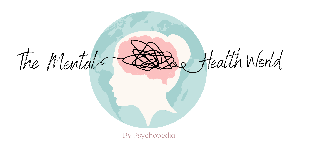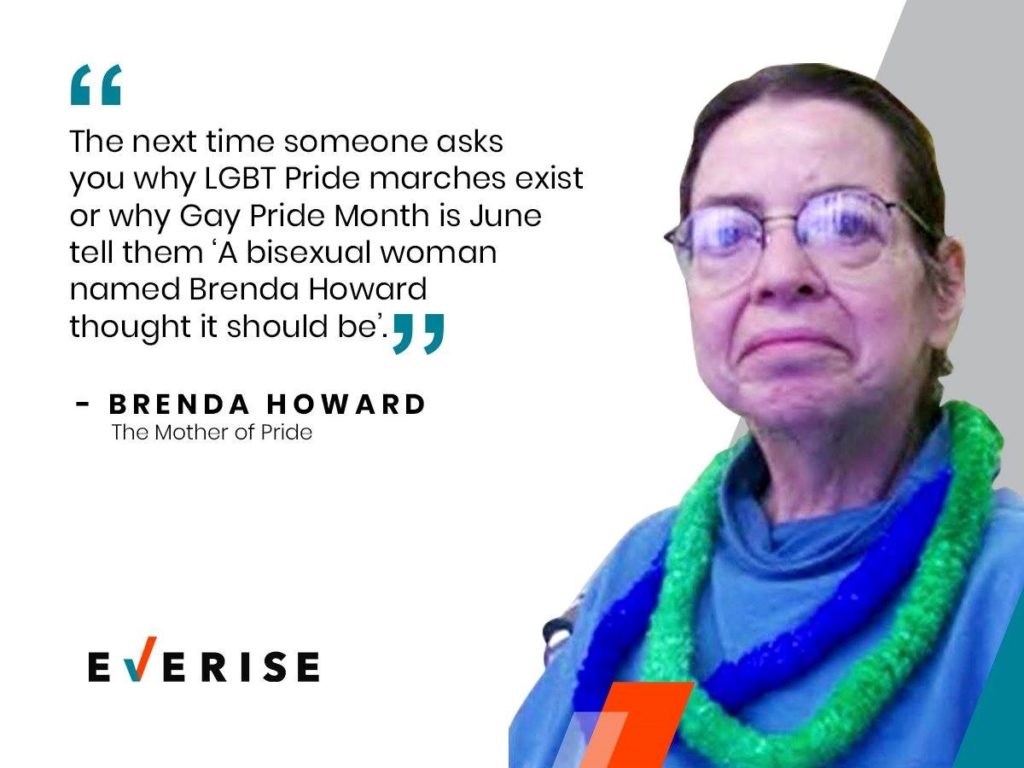
She played a prominent role in organizing the first-ever Gay Pride Week and The Christopher Street Liberation March of 1970
If you’re on social media during Pride Month, you’ll almost surely see Marsha P. Johnson and Sylvia Rivera’s names. Johnson and Rivera, two trans women of colour who led the 1969 Stonewall insurrection and the American gay liberation movement, are now getting the credit they deserve after years of historical oblivion. The LGBTQ+ community would not have the civil rights it has now if it weren’t for Marsha and Sylvia. As a result, Pride would cease to exist.
However, pride would not be what it is now if it weren’t for one more person: Brenda Howard, a bisexual activist.
Back in the 1970’s it was illegal for LGBT people to rendezvous and have a drink or dance with same-sex partners. The Stonewall Inn, however, was one spot where everyone could congregate.
The cops were aware that gays frequented Stonewall. They’d raid the bar, arrest the queers, and slap a fine on the place. The storming cops were frequently violent, making police brutality a typical occurrence at Stonewall and other LGBT gatherings across the country. After a while, gender nonconforming individuals began to speak up for themselves. The Stonewall Riots were the catalyst for today’s LGBT rights movement.
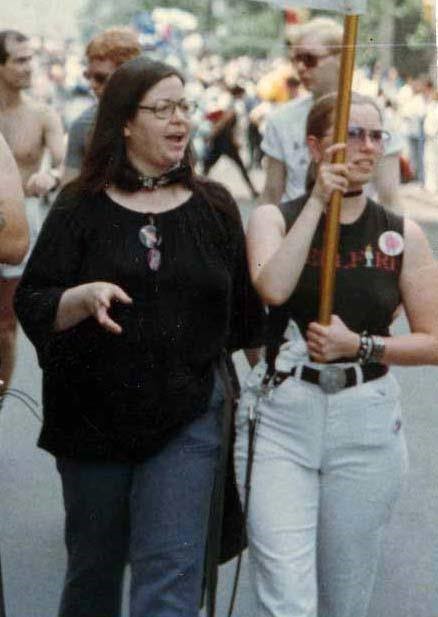
Brenda Howard was a proud and outspoken bisexual. Howard wore her bisexuality on her sleeve with a button that read, “Bi, Poly, Switch – I know what I want,” during a period when bi-erasure and exclusion were common.
Howard’s partner Larry Nelson said in a 2015 video for the Still Bisexual Campaign that she was never uncertain about her sexuality and that she wanted bisexuals to know that they are accepted.
She was a strong supporter of the antiwar and feminist movements, as well as the Gay Liberation Front and Gay Activists’ Alliance, and actively participated in them. In July 1969, Howard organised a one-month Stonewall anniversary demonstration with many of the people who were inside the Stonewall Inn on the night of the uprising. Then, a year after Stonewall, she organised Gay Pride Week and the Christopher Street Liberation Day Parade with the help of a committee. Howard’s week and parade, dubbed “The Mother of Pride,” grew into the yearly New York City Pride march and Pride celebrations that we now know all over the world.
Howard was outspoken and unapologetic about her sexuality, which included kink and polyamory, throughout her life and worked for decades to raise awareness and understanding of these sensitive subjects. She made it possible for people who had been marginalised both within and beyond the LGBTQ+ community to connect with one another.
While she was an experienced campaigner, some of the work that she was most passionate about was in the bisexual community. In 1988, Howard co-founded the New York Area Bisexual Network, which continues to act as a key communication centre for bisexual and bi-friendly organisations in New York City and the tri-state area. She successfully pushed for bisexuality to be included in the 1993 March on Washington, when the movement was predominantly focused on homosexual males and lesbians.
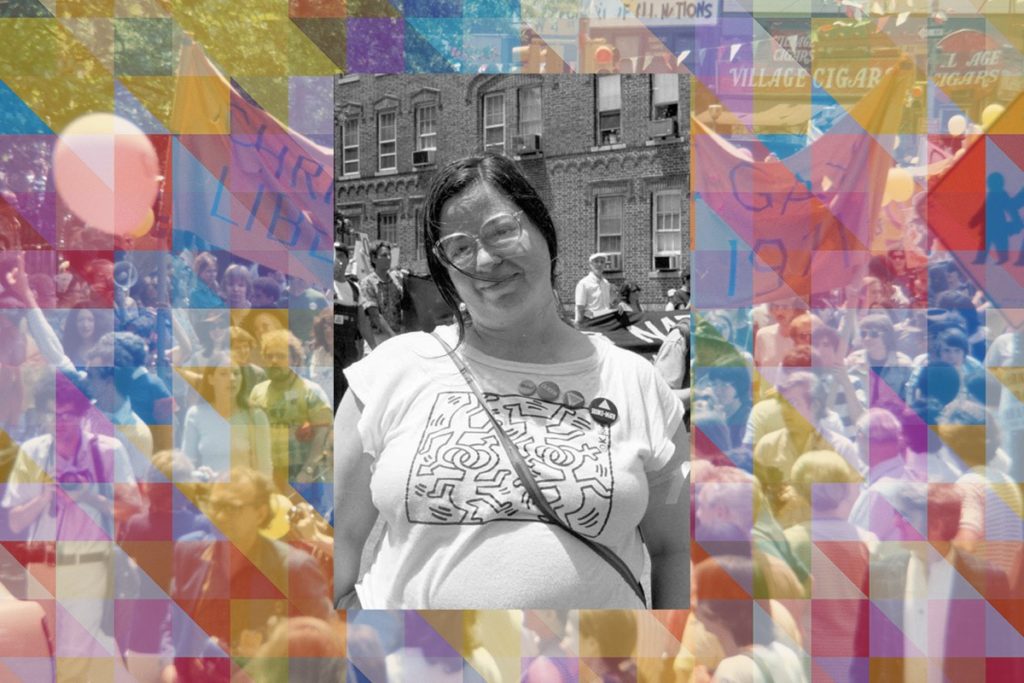
Howard was a grassroots, hands-on activist who battled for minorities’ rights. Even if she isn’t as well-known as some other LGBT pioneers, her achievements should not be overlooked. That’s because every year, gay, lesbian, bisexual, and transgender people march openly around the world, honouring their individuality, families, and freedom.
Howard died of colon cancer in 2005, on the 36th anniversary of the Stonewall Uprising, which was held on June 28, 2005.
The Queens, New York branch of PFLAG established an award in her honour the year she died. The “Brenda Howard Award,” now in its 14th year, honours “a person or organisation who best reflects the vision, principles, and community service embodied by the late LGBT rights activist Brenda Howard, and who acts as a positive and visible role model for the Bisexual Community.” It was the first prize awarded by a major LGBTQ+ group in the United States that was named after an out bisexual individual when it was established.
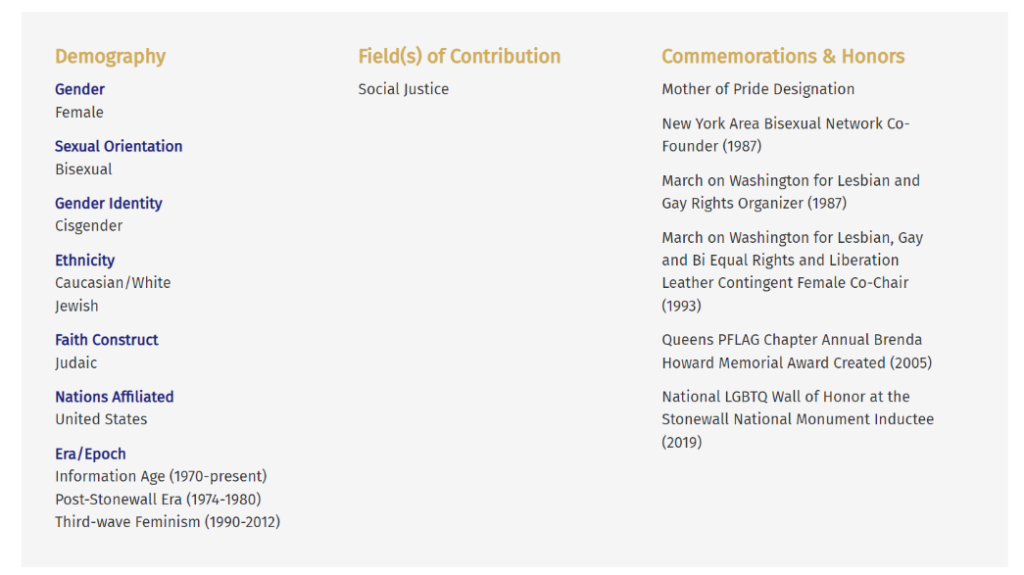
Blog by: Nishtha Nayyar
